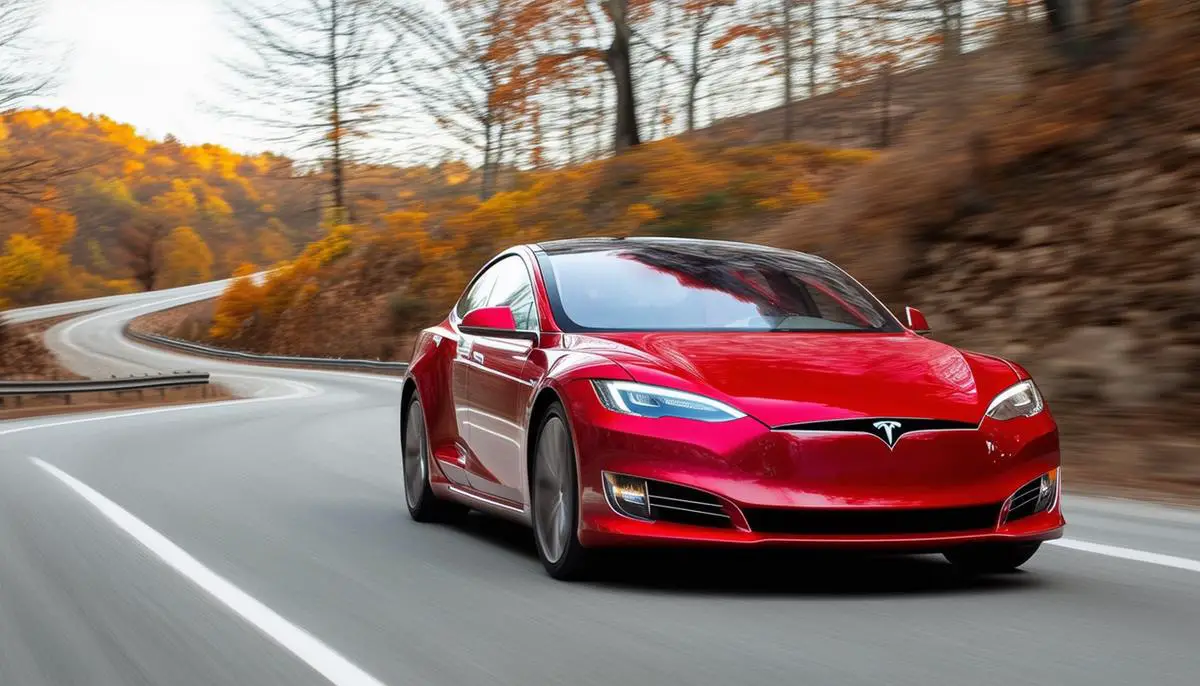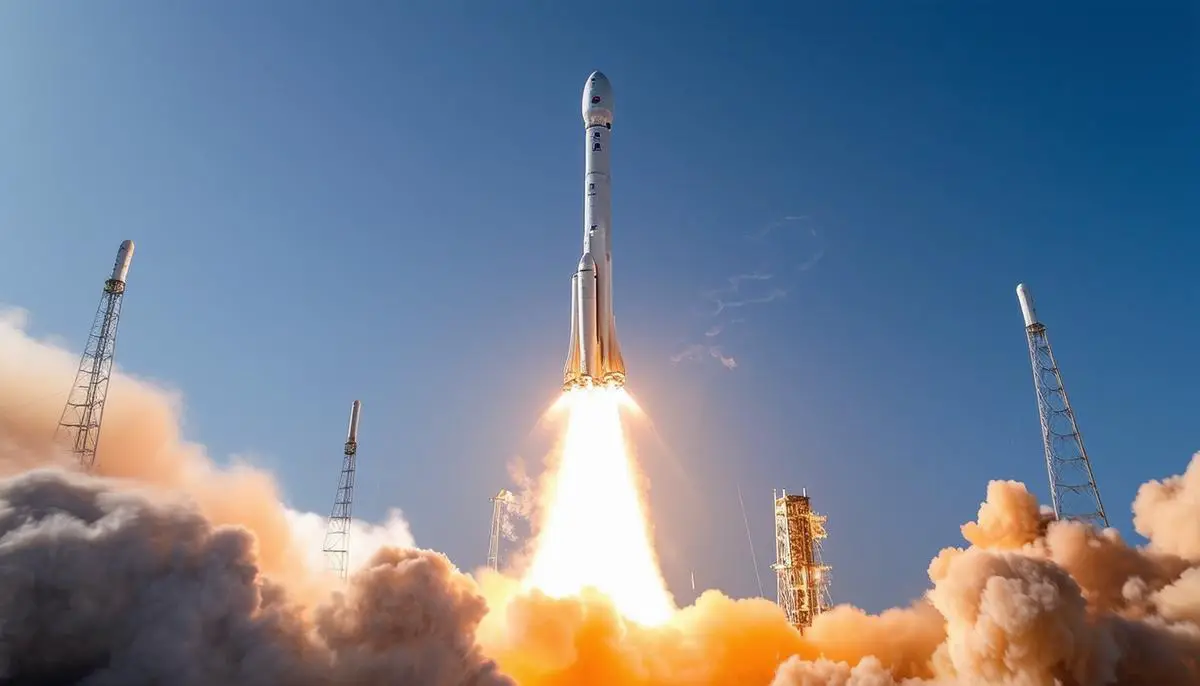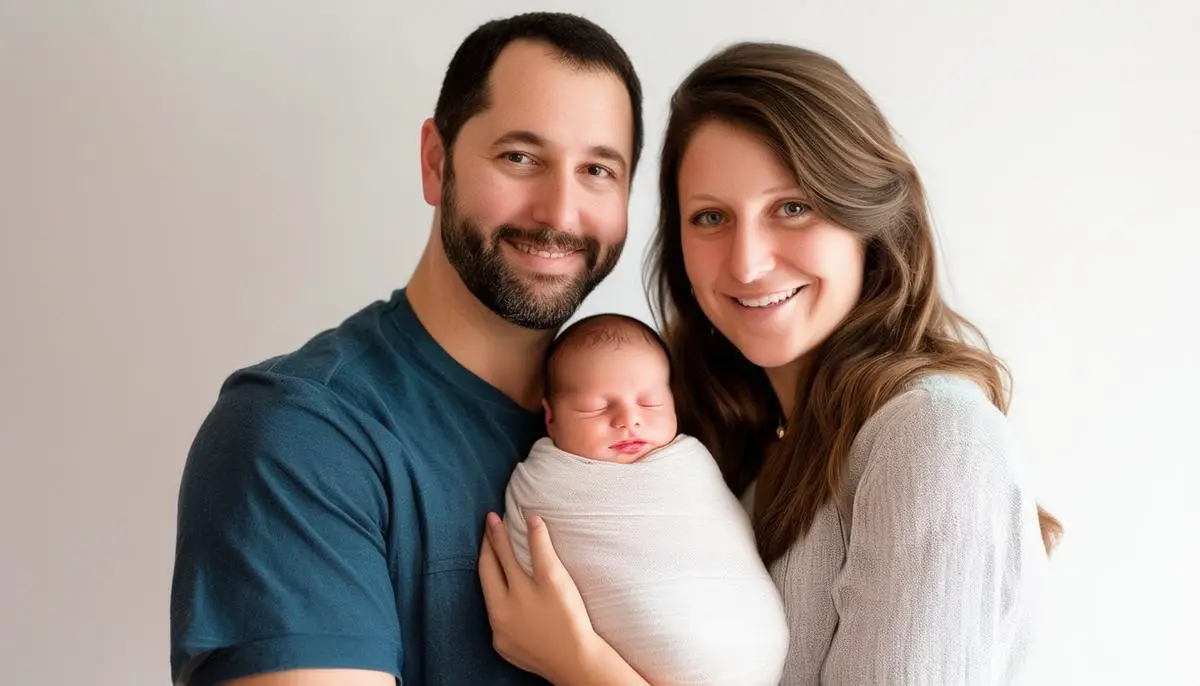Early Life and Education
Elon Musk was born on June 28, 1971, in Pretoria, South Africa. His father, Errol Musk, was a South African engineer, while his mother, Maye Musk, worked various jobs to support the family. As a child, Musk was absorbed in his daydreams and inventions. By age 10, around the time of his parents' divorce, Musk discovered computers and taught himself programming. At 12, he sold his first software, a game called Blastar.
Musk's school life wasn't smooth sailing. He was bookish and introverted, and often bullied. At 17, Musk moved to Canada, partly to avoid South Africa's mandatory military service and partly because he believed it would be easier to gain American citizenship.1 He attended Queen's University in Ontario for two years before transferring to the University of Pennsylvania, where he earned a Bachelor's degree in physics and another in economics.
In 1995, at 24, Musk headed to Stanford University to pursue a Ph.D. in applied physics. Yet, the allure of the burgeoning internet boom was irresistible. Musk left the program after only two days and launched Zip2 with his brother Kimbal. This web software company aimed to help newspapers design online city guides. Four years later, Compaq acquired Zip2 for $307 million in cash and stock options. Musk then invested in X.com, a financial services company that later evolved into PayPal. When eBay acquired PayPal for $1.5 billion, Musk received a significant portion of the sale.

Founding and Leading Tesla
Elon Musk's journey with Tesla began in 2004 when he invested $6.3 million and became the company's largest shareholder. He eventually took the helm as CEO and product architect. Musk's vision was clear: accelerate the advent of sustainable energy and produce electric cars for the mass market.
Tesla's first breakthrough came with the Roadster in 2008. This sleek sports car could accelerate from 0 to 60 mph in 3.7 seconds and travel nearly 250 miles on a single charge. Building on this momentum, Musk introduced the Model S in 2012, which received rave reviews for its performance, range, and innovative design. The Model S solidified Tesla's reputation for quality and innovation in the automotive industry.
Tesla expanded its lineup with the Model X in 2015, an SUV that featured falcon-wing doors and impressive safety ratings. In 2017, the company began delivering the Model 3, a more affordable electric vehicle aimed at bringing electric cars to a broader market. Despite production delays, the Model 3 quickly became one of the best-selling electric cars worldwide.
Beyond vehicles, Musk led Tesla into the solar energy market by acquiring SolarCity in 2016. This move allowed Tesla to offer comprehensive energy solutions, combining solar panels, home batteries, and larger commercial-scale batteries. Musk's vision extended to creating aesthetically pleasing solar products, like the Solar Roof.
Under Musk's leadership, Tesla has become a leader in electric vehicles and renewable energy solutions. His commitment to sustainability and innovation continues to push the boundaries of technology and redefine what is possible.

SpaceX and Space Exploration
In 2002, Elon Musk founded SpaceX with the goal of making space travel more affordable and enabling the colonization of Mars. SpaceX's first milestone came in 2008 when the Falcon 1 became the first privately developed liquid-fueled rocket to reach orbit. The development of the reusable Falcon 9 rocket marked another groundbreaking leap, aimed at drastically reducing the cost of space travel.
In 2012, SpaceX made history when its Dragon spacecraft became the first private vehicle to deliver cargo to the International Space Station (ISS). This achievement underscored the potential of private enterprise in space exploration and led to significant contracts from NASA.
SpaceX continued to innovate with the Falcon Heavy, the most powerful operational rocket. Its inaugural flight in 2018 captivated the world's imagination by carrying Musk's personal Tesla Roadster into space. The company is also developing Starship, a fully reusable spacecraft designed for deep space missions, including Mars colonization.
SpaceX's Starlink project aims to provide global high-speed internet access through a constellation of low-Earth orbit satellites. While the project has faced criticism from astronomers, it illustrates SpaceX's commitment to fostering technological advancements with wide-reaching implications.
The company's partnership with NASA reached a milestone in 2020 when SpaceX's Crew Dragon successfully transported NASA astronauts to the ISS, marking the first crewed orbital launch from American soil since 2011.2 Musk's ultimate goal for SpaceX remains Mars colonization, with plans to send cargo and crewed missions to the Red Planet in the coming years.
Under Musk's leadership, SpaceX has redefined space exploration through ambitious vision, technological innovation, and partnerships with public institutions. The company continues to break barriers and set new benchmarks in space travel, aligning with Musk's overarching goal of ensuring the long-term survival and prosperity of humankind.

Other Ventures: Neuralink, The Boring Company, and X
Elon Musk's entrepreneurial pursuits extend beyond Tesla and SpaceX, with ventures like Neuralink, The Boring Company, and the social media platform X (formerly Twitter).
Neuralink, founded in 2016, focuses on developing brain-machine interfaces (BMI) that can be implanted in the human brain to facilitate direct communication with computers. Musk envisions a future where BMIs can address neurological conditions, enhance cognitive abilities, and enable symbiotic relationships with artificial intelligence. While still in the experimental stage, Neuralink has demonstrated promising results in animal trials.3
The Boring Company, launched in 2017, tackles urban congestion by creating a network of underground tunnels for high-speed transit. By developing faster and more affordable tunneling techniques, the company aims to reduce the cost and time associated with traditional tunnel boring methods. The first major project, the Vegas Loop, is expected to shuttle passengers across the Las Vegas Convention Center using autonomous electric vehicles traveling through subterranean tunnels.
Musk's acquisition of X (formerly Twitter) in October 2022 adds a different dimension to his portfolio. His involvement indicates a broader interest in shaping digital communication and information dissemination. Musk has made several high-profile moves since taking over, including introducing new features and policies aimed at reducing abuse and increasing transparency. However, these changes have not been without controversy, as Musk's approach has often clashed with users' expectations and broader societal implications.
Musk's ventures with Neuralink, The Boring Company, and X demonstrate his multifaceted approach to innovation. Each project reflects his ambition to address complex issues and redefine the future. While the success of these ventures is still unfolding, Musk's audacity and ingenuity continue to drive progress.

Personal Life and Public Image
Elon Musk's personal life has often been as headline-worthy as his business ventures. His relationships, marriages, and children have frequently captured public attention, contributing to a complex and multifaceted personal image.
Musk's first significant relationship was with Justine Wilson, whom he married in 2000. They had six sons together, including twins and triplets, before divorcing in 2008. Musk later married and divorced British actress Talulah Riley twice. His most recent high-profile relationship was with Canadian singer-songwriter Grimes, with whom he had two children:
- A son named X Æ A-Xii Musk
- A daughter named Exa Dark Sideræl Musk
Known for his unfiltered and often controversial remarks, Musk has a distinctive communication style. His tendency to make significant announcements via Twitter has led to both admiration and legal trouble, notably when he tweeted about taking Tesla private in 2018, resulting in an SEC investigation and settlement.[1]
Musk's hands-on leadership style involves direct interactions with his workforce, sometimes leading to what has been described as "demon mode" – a state of intense focus and high expectations from his team. While this approach has driven remarkable achievements, it has also fostered a reputation for being demanding.
Public perception of Musk is a mix of veneration and skepticism. Supporters admire him as a visionary who defies the status quo and tackles challenging issues, while critics point to his unpredictable behavior and controversial statements as potential challenges.
Musk's personal quirks, such as his unconventional child naming and casual approach during media appearances, contribute to his enigmatic persona. These actions often spark widespread debate, reflecting the broader paradox of his character: a relentless innovator with a penchant for the unconventional.
Despite the controversies and polarizing opinions, Musk remains a compelling figure whose influence extends beyond his impressive portfolio of companies. His personality traits – a combination of visionary brilliance, relentless drive, and unconventional methods – have undoubtedly shaped his approach to business and leadership.

Elon Musk's influence on technology and innovation is significant. His drive and visionary approach continue to push boundaries, shaping the future in areas such as:
- Electric vehicles
- Space travel
- Brain-machine interfaces
As Musk continues to pursue ambitious goals, his impact on these industries and the broader technological landscape is likely to grow. Whether one admires or criticizes his methods, there is no denying that Elon Musk has become a pivotal figure in the world of innovation, leaving an indelible mark on the 21st century.
![]()